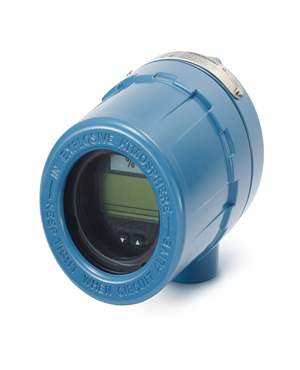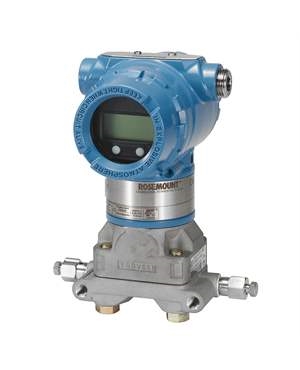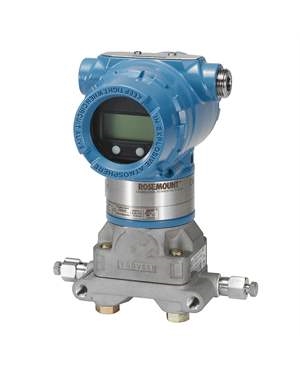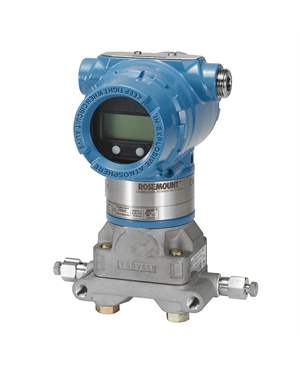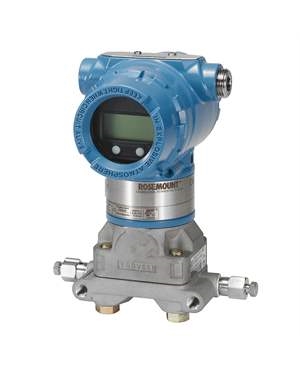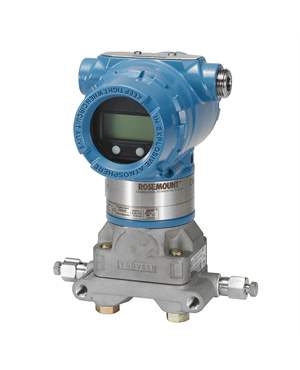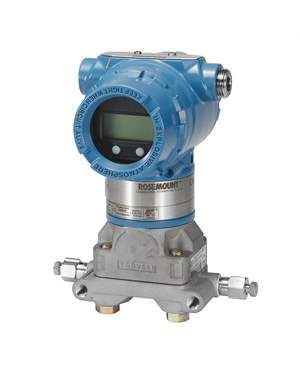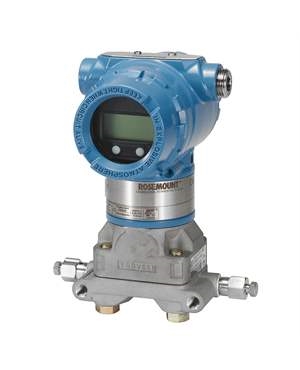What is a Mass Flow Meter? Working Principles and Key Benefits
Brian Craig
August 21, 2025
In industries where precision matters, the ability to measure fluid flow accurately can make a significant difference in efficiency, safety, and cost savings. This is where mass flow meters come in. Unlike traditional flow meters that measure only volume, a mass flow meter measures the actual mass of liquid or gas passing through a system, providing reliable results even when temperature, pressure, or viscosity change.
Whether you’re working with natural gas, specialty chemicals, or food-grade liquids, mass flow technology ensures consistent accuracy. Let’s dive into what a mass flow meter is, how it works, and why it’s a game changer across industries.
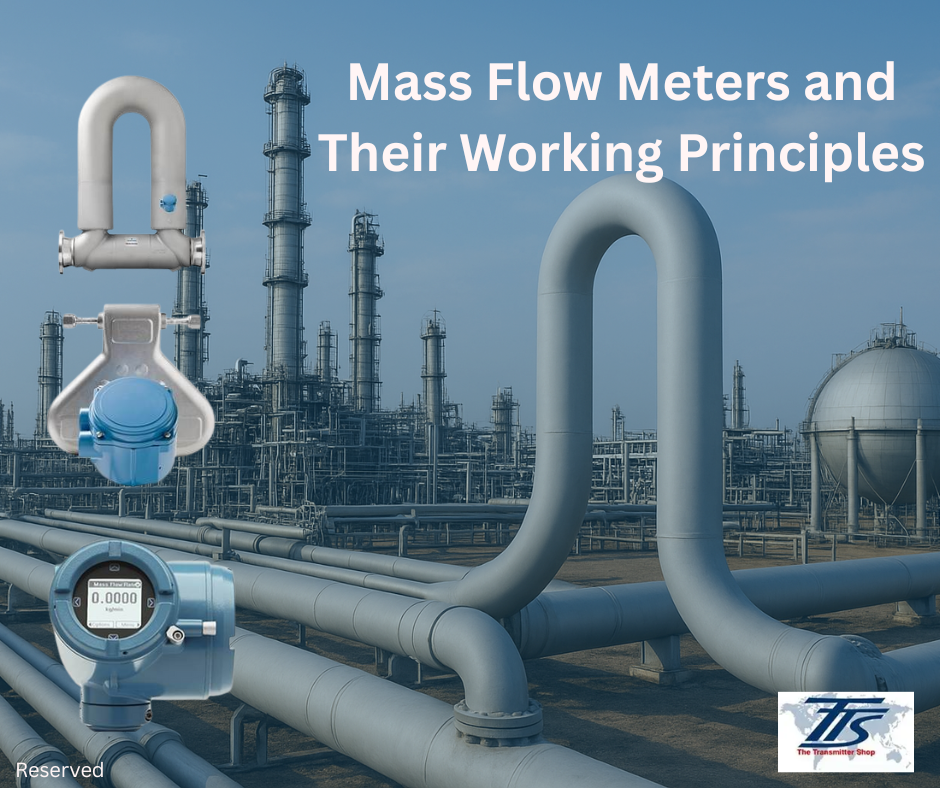
What is a Mass Flow Meter?
A mass flow meter (sometimes called a mass flow sensor) is an instrument designed to measure the mass of a fluid moving through a pipeline. Unlike volumetric flow meters, which calculate flow based on volume, mass flow meters directly measure how much matter is passing through, making them ideal for processes where accuracy and consistency are critical.
Key difference:
- Volumetric flow meter - measures volume (liters, gallons).
- Mass flow meter - measures true mass (kg, lb, g).
Because they don’t rely on density assumptions, mass flow meters are more accurate for gases and liquids that experience density changes under varying conditions.
Types of Mass Flow Meters
Several technologies are used to measure mass flow. The most widely used include:
-
1. Coriolis Mass Flow Meter
- Based on the Coriolis effect, where fluid flowing through vibrating tubes creates measurable deflections.
- Offers extremely high accuracy for both liquids and gases.
- Commonly used in oil & gas, chemical processing, and food & beverage.
- Example: Micro Motion Coriolis flow meter, known for precision and reliability.
-
2. Thermal Mass Flow Meter
- Works by measuring how much heat is carried away by the fluid stream.
- Ideal for gases (like air, natural gas, or specialty gases).
- Often used in HVAC, environmental monitoring, and semiconductor applications.
-
3. Differential Pressure-Based Mass Flow
- Relies on pressure drop across a restriction and compensates with density measurement.
- Less common but still used in certain applications.
Mass Flow Controllers vs. Mass Flow Meters
While mass flow meters measure flow, a mass flow controller (MFC) measures and controls it.
- Gas Mass Flow Controller - precisely regulates gas delivery in applications like laboratories, semiconductor manufacturing, and gas blending.
- Liquid Mass Flow Controller - used for dosing chemicals, pharmaceuticals, and specialty fluids.
If accuracy and regulation are required, an MFC is the right choice. If only measurement is needed, a mass flow meter is sufficient.
Working Principles of Mass Flow Meters
The working principle of a mass flow meter depends on the technology used, but the goal is the same, measuring the true mass of fluid flowing through a system. The two most widely used designs are Coriolis mass flow meters and thermal mass flow meters.
-
Coriolis Principle
- Vibrating tubes twist slightly as mass flows through them.
- The twist is proportional to the mass flow rate.
- Provides direct measurement of mass, density, and temperature.
-
Thermal Principle
- A heated element loses heat as fluid flows past it.
- The rate of heat loss correlates with the mass flow of the gas.
- Best suited for clean gas applications.
Key Benefits of Mass Flow Meters
-
1. Especially with Coriolis technology, mass flow meters offer ±0.1% or better accuracy.
-
2. Results are not affected by temperature, pressure, or viscosity changes.
-
3. Suitable for both liquids and gases.
-
4.Provides instant feedback for process optimization.
-
5. No moving parts in Coriolis and thermal designs, leading to long service life.
-
6. Prevents overuse of raw materials and enhances energy efficiency.
Applications of Mass Flow Meters
Mass flow technology is used across a wide range of industries:
- Oil & Gas: Custody transfer, fuel monitoring, flare gas measurement.
- Chemical & Pharmaceutical: Precise dosing, blending, and reaction monitoring.
- Food & Beverage: Measuring ingredients like milk, syrup, or CO₂ for carbonation.
- Water & Wastewater: Chemical dosing, aeration monitoring.
- Semiconductor & Research Labs: Microflow gas and liquid control.
How to Choose the Right Mass Flow Meter
When selecting a mass flow meter or mass flow controller, consider:
- Type of fluid: gas, liquid, or multiphase.
- Accuracy requirements: custody transfer vs. general monitoring.
- Flow range: microflows vs. bulk transfer.
- Operating environment: temperature, pressure, and cleanliness.
Quick tip:
- Choose a Coriolis mass flow meter for highest accuracy and versatility.
- Choose a thermal gas mass flow meter for gas-specific applications with cost-efficiency.
- Add a mass flow controller if regulation and control are needed in addition to measurement.
Conclusion
A mass flow meter is more than just a measuring device, it’s a vital tool for efficiency, safety, and process optimization across industries. Whether it’s a Coriolis mass flow meter for high-precision applications or a gas mass flow controller for regulated gas delivery, these instruments provide unmatched accuracy and reliability.
For industries where every drop or molecule counts, investing in the right mass flow sensors and controllers ensures better quality, reduced waste, and significant cost savings.
Get in touch today and let’s optimize your process with precision flow solutions.
FAQs
Q: What is the difference between a flow meter and a mass flow meter?
A: A flow meter measures volume, while a mass flow meter measures actual mass, making it more accurate under varying conditions.
Q: What is a Coriolis mass flow meter used for?
A: It’s used for precise measurement of liquids and gases in industries like oil & gas, chemicals, and food processing.
Q: How accurate is a gas mass flow controller?
A: Gas MFCs can achieve accuracy as tight as ±1% of setpoint, depending on the model.
Q: Which industries use Micro Motion Coriolis flow meters?
A: Widely used in oil & gas, chemical processing, food & beverage, and pharmaceutical industries for critical flow measurement.
Related Posts
- Important Calibration Tips for Pressure Sensors
- What is RTD Sensor and How Does it Work?
- What is a Thermocouple and How Does It Work?
- Why Platinum is a Preferred Choice in RTD Sensors?
- How to Choose the Right Exhaust Gas Temperature Sensor for Your Engine
- Role of Sensors in the Food Processing Plant
- How Can Greenhouse Gas Emissions Be Reduced?
- Understanding Electrochemical Detection: Principles, Techniques and Environmental Application
- Furnace Flame Sensor Faults: Everything You Need to Know for Safe Operation
- Complete Hydrogen Gas Safety and Measurement Solutions
- Key Sensors for Monitoring Emissions in Wet and Dry Scrubber Systems
- What is a Mass Flow Meter? Working Principles and Key Benefits
- Electromagnetic Flow Sensors for Abrasive and Corrosive Fluids
- Pressure Sensing Sensor Modes of Measurement: Key Differences and Benefits
- Flow Measurement Challenges in Subsea Operations
- Pressure Sensing Sensor Modes of Measurement Key Differences and Benefits
- Electromagnetic Flow Sensors for Abrasive and Corrosive Fluids
- Mass Flow Meters and Their Working Principles
- Best Explosion Proof Switches for Hazardous Environments
- Best Explosion Proof Switches for Hazardous Environments
- Furnace Flame Sensor Faults Everything You Need to Know for Safe Operation
- Pneumatic Pressure Controllers: A Safe Choice for Hazardous Areas
- A Practical Guide to Vacuum Measurement and Operation
- Understanding Electrochemical Detection: Principles, Techniques and Environmental Application
QUICK ENQUIRY
